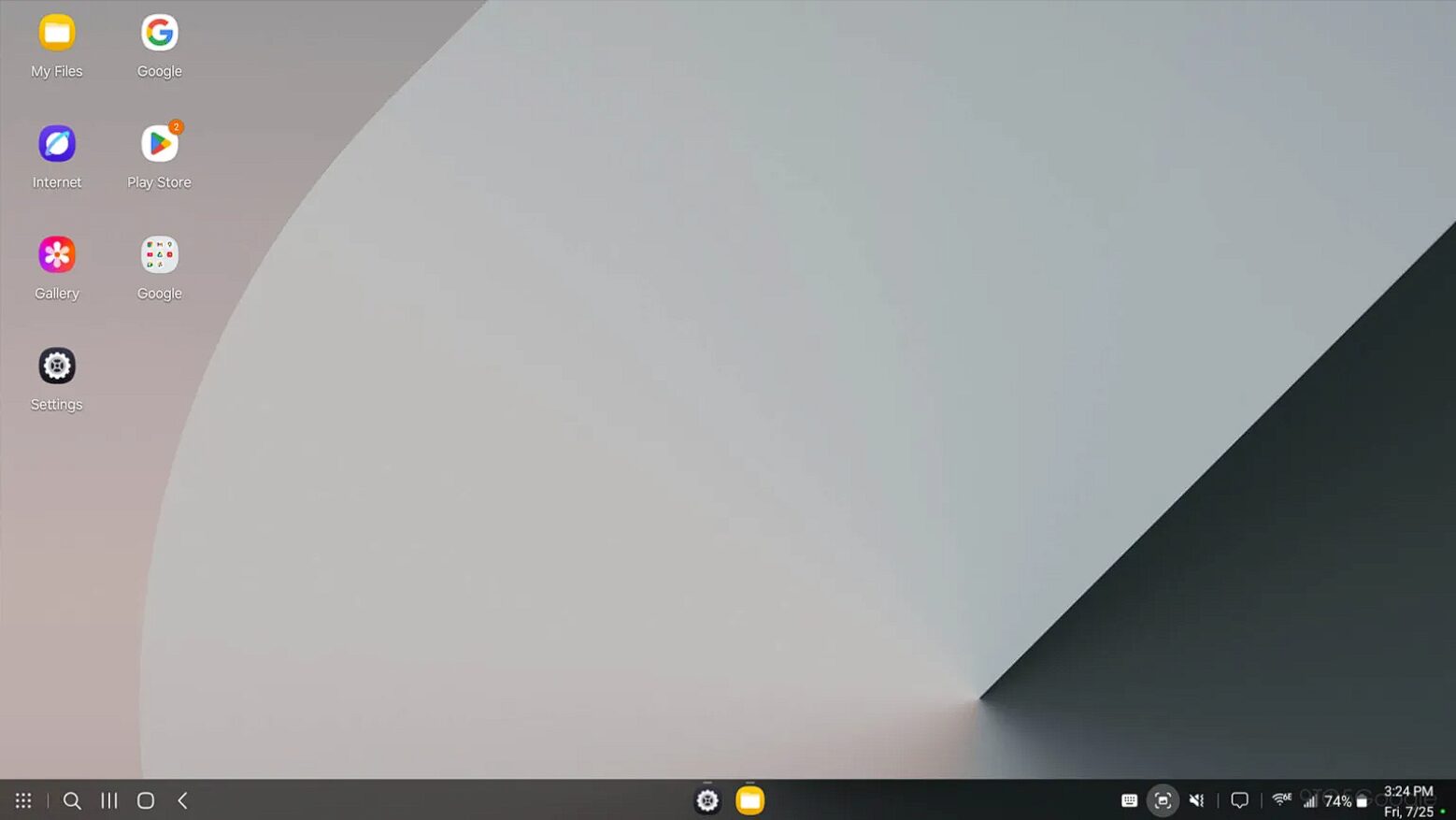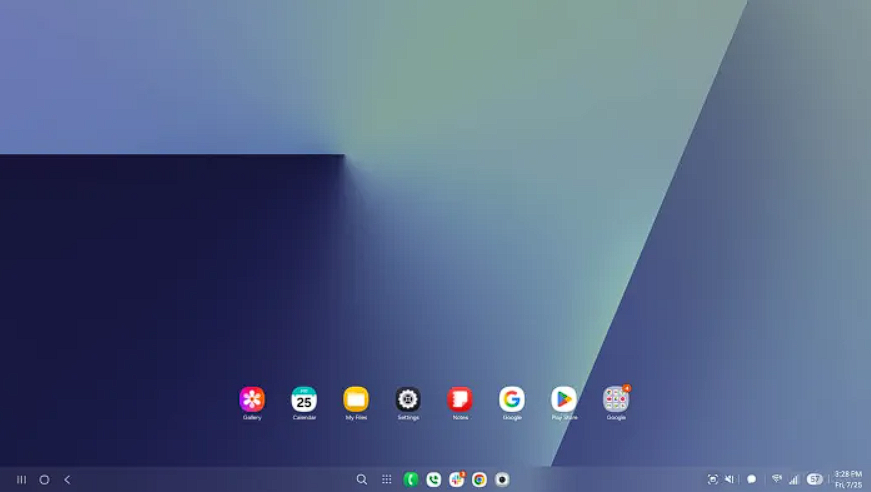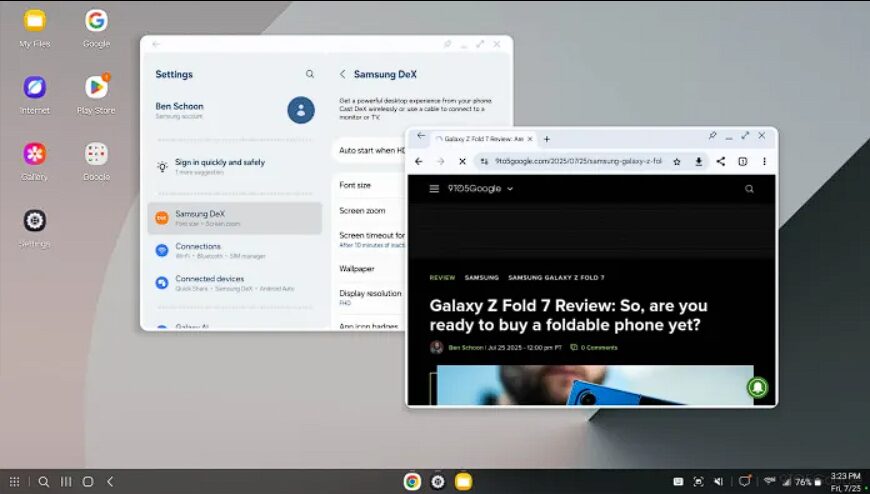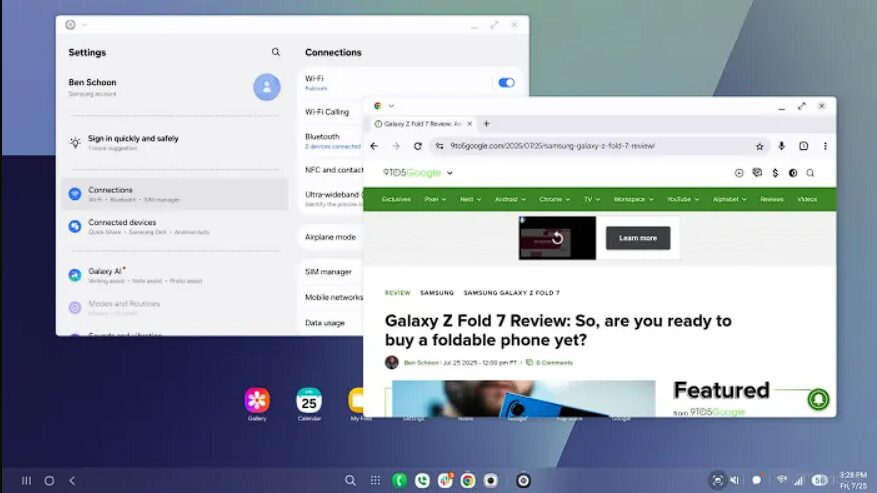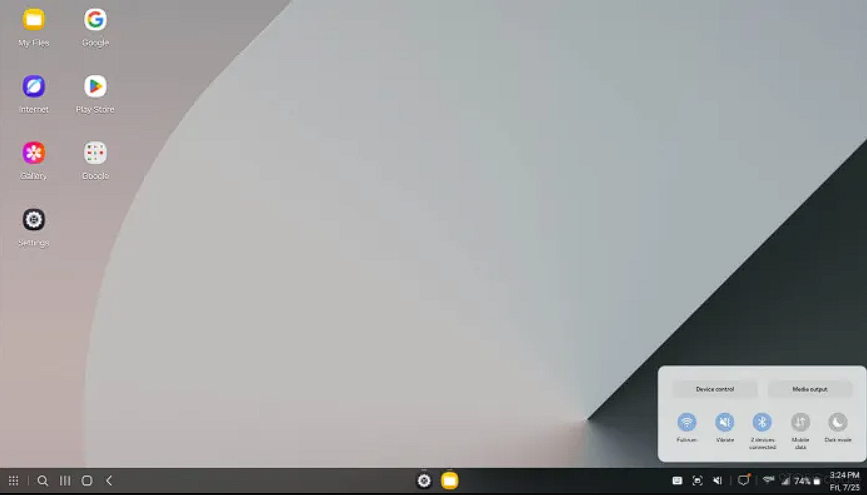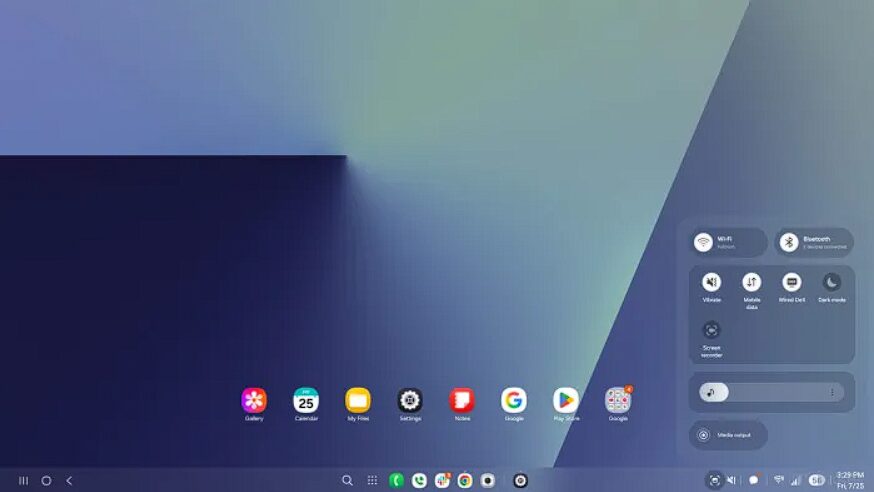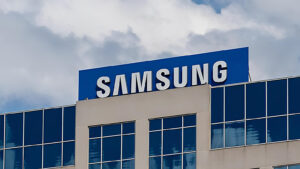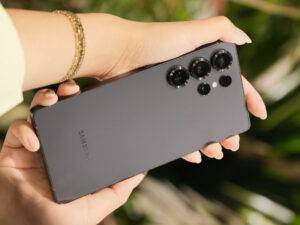Great news for Samsung users! The favorite DeX experience that turns mobile devices into complete desktop computers is going to get a major update with One UI 8. In a report published by 9to5Google, Samsung plans to completely revamp DeX by developing it on Android 16’s new desktop module.
This is a continuation of Samsung’s efforts to continually enhance the desktop experience available on its mobile devices, which started with the Galaxy S8 series in 2017. The development of DeX is very important to users, particularly in the current era where mobile productivity keeps on increasing.
Interface Improvements in the New DeX
In One UI 8, Samsung is said to further enhance the DeX desktop experience using the optimizations in Android 16 beneath. In 9to5Google’s own testing of a One UI 8 beta on the Samsung Galaxy Z Fold7, they noticed that Samsung hadn’t made any substantial structural adjustments to the overall DeX experience but had tweaked a multitude of fine details.
Among the most significant enhancements, the special DeX tab in settings is changed to a “Connected Display” menu when connected to an external display. Further, the “Exit DeX” button is eliminated from the app drawer. The app drawer now facilitates vertical scrolling, and the taskbar will show apps that are docked on the phone itself. These minor tweaks are designed to create a smoother and more intuitive user experience.
User-Centric Changes and Future Vision
The changes in this latest iteration of DeX are indicative of Samsung’s aim to make the desktop experience more intuitive and integrated. The reorganized menus that are more logical and useful enhancements in the app drawer will allow for easier integration of DeX into everyday workflows.
Particularly when coupled with the underlying improvements that Android 16 will bring, DeX should continue to erase the boundaries between mobile devices and desktop computing, providing users with an even more adaptable working environment. Samsung still sees DeX not just as a feature, but as a key element in its ecosystem of mobile devices.
Source: 9to5Google

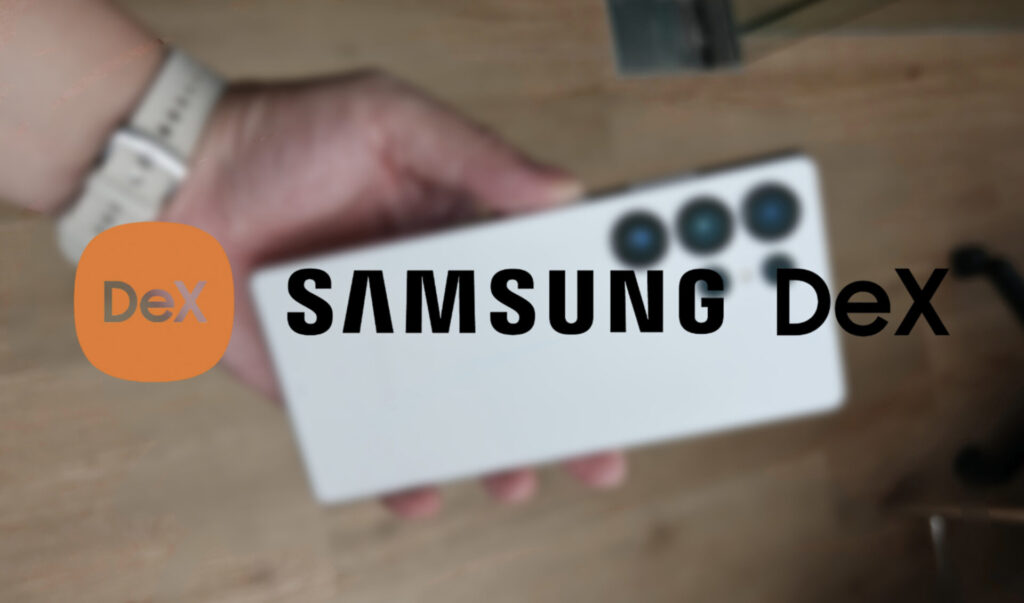
 Erencan Yılmaz
Erencan Yılmaz